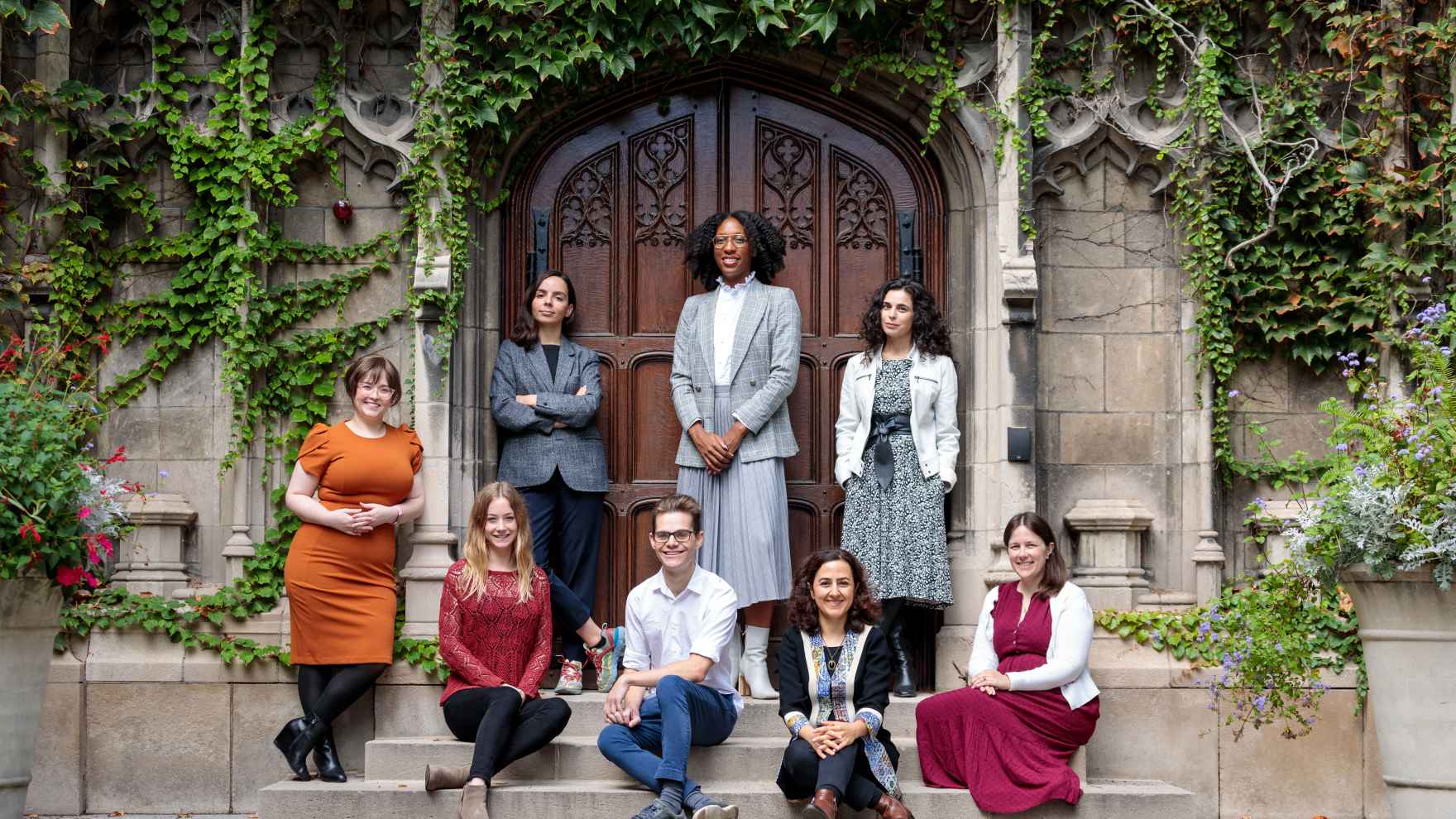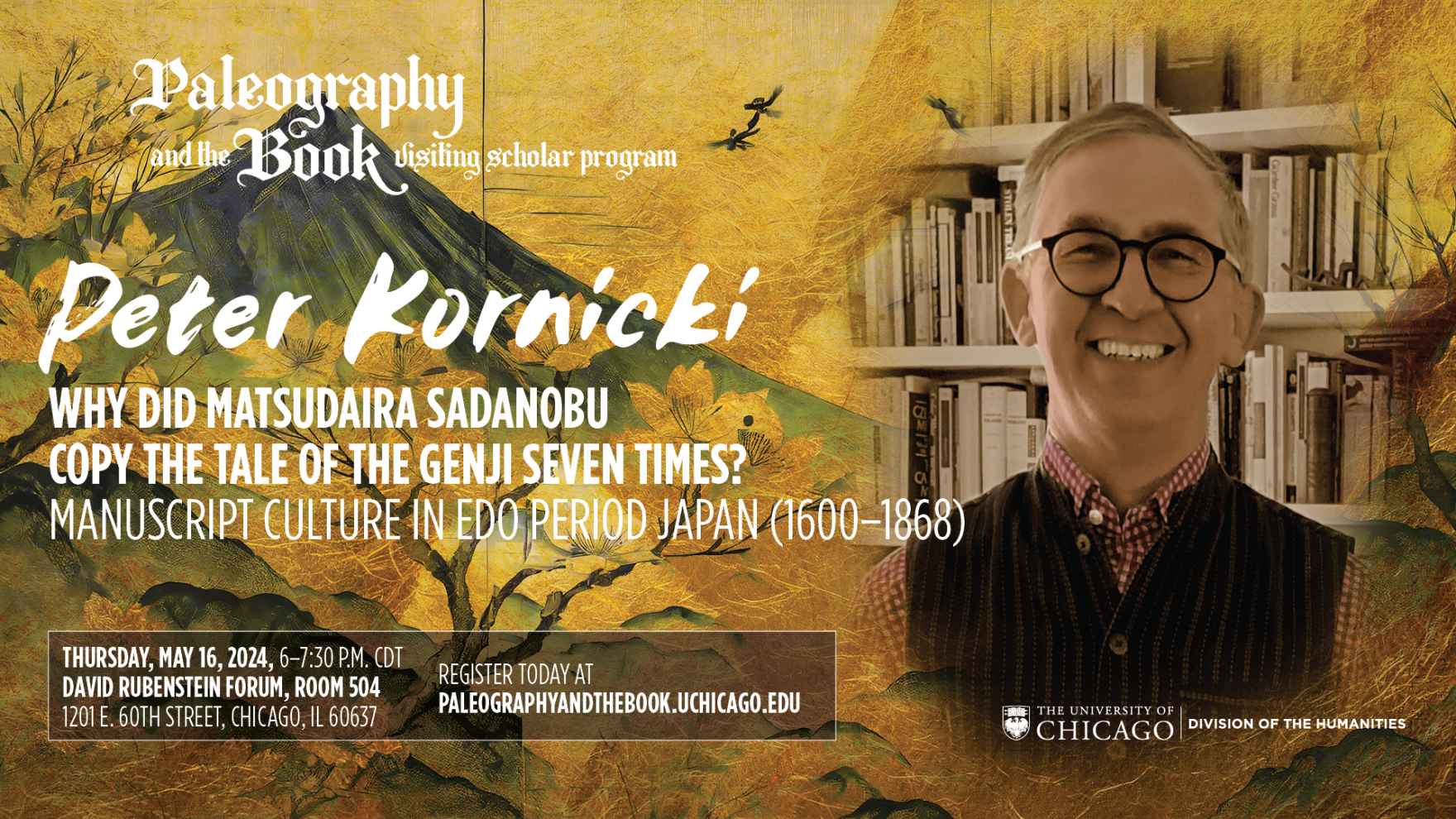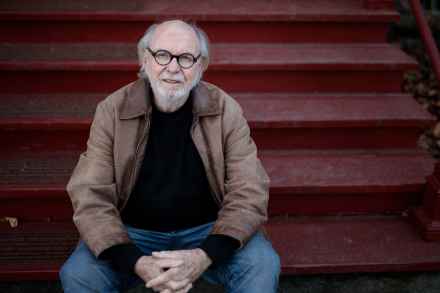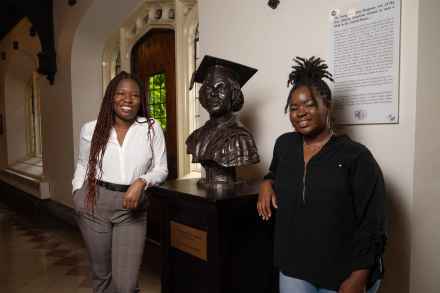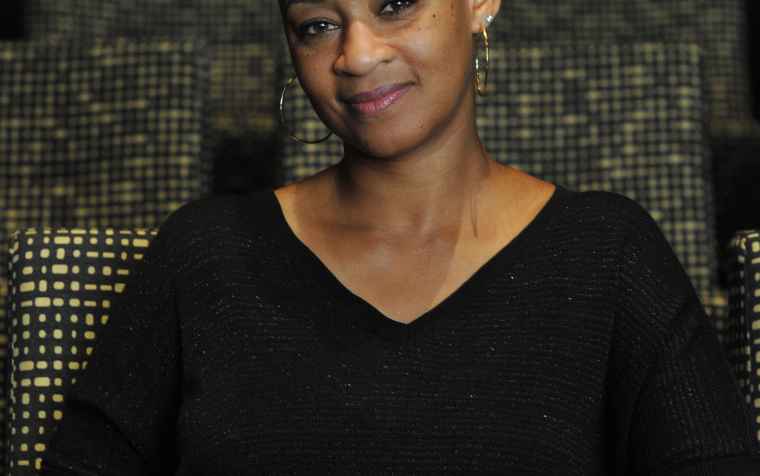Longtime Journal Editor W. J. T. Mitchell Reflects on Career, the Loss of His Son
The year 2020 marked two milestones for Prof. W. J. T. Mitchell: He ended his 42-year tenure as editor of the interdisciplinary arts and humanities journal Critical Inquiry and published his first non-academic book. That work, Mental Traveler: A Father, a Son, and a Journey through Schizophrenia, is a memoir of his son Gabrielʼs 20-year battle with schizophrenia and subsequent death by suicide in 2012.
Mitchell was the second person to lead Critical Inquiry, taking over in 1978 upon the death of founding editor Sheldon Sacks, PhDʼ60, professor of English and linguistics. The journalʼs influence grew steadily under his watch; 25 years later, the New York Times called it “academeʼs most prestigious theory journal.”
100 Years Ago, Georgiana Simpson Made History as the First Black Woman to Graduate with a Ph.D.
In the summer of 1907, Georgiana Rose Simpson left Washington, D.C., to pursue a bachelor’s degree at the University of Chicago. A 41-year-old high school teacher, she enrolled with the goal of furthering her interests in German language and literature.
As a pathbreaking figure, Simpson faced racism and discrimination throughout her academic career. Shortly after she arrived at the University, she was forced to live off-campus when white students objected to sharing a dorm with a Black woman.
Despite such challenges, Simpson would earn three degrees from the University of Chicago—an AB in 1911, AM in 1920, and a Ph.D. in 1921, when she was 55 years old. Simpson became the first Black woman to receive a Ph.D. in the United States on June 14, 1921, followed within weeks by two scholars at other universities who also received their degrees that month.
Division of the Humanities Recognizes Student and Faculty Scholarship at the 534th Convocation
As the pandemic winds down, the Division of the Humanities at UChicago conducted its Convocation on Friday, June 11, at Amos Alonzo Stagg Field in Chicago. Ninety-four students participated in the live ceremony, while 162 were celebrated virtually on mega-screens for those watching the in-person and livestreamed event.
Reflecting the times, seating on the stage and in the arena was socially distant in the outdoor setting. Those participating in the Convocation wore masks except when presenting awards and diplomas. In contrast to a traditional Convocation in Rockefeller Memorial Chapel, graduates gulped spring water in UChicago aluminum cans and used manual fans to beat back the heat and full sun.
In addition to celebrating the achievements of 256 graduating students with master’s and doctoral degrees, seven presenters in the Division of the Humanities, including Dean Anne Walters Robertson and Dean of Students Shea Wolfe, honored students and faculty members for their achievements—Zsofia Valyi-Nagy, Rebeca Velasquez, Samuel Lasman, Christine Wilkie Bohlman, Veronica Vegna, Persis Berlekamp, Daniel Morgan, and Kaneesha Parsard.
UChicago Scholar Mitchell S. Jackson Wins Pulitzer Prize for Essay on Ahmaud Arbery
Asst. Prof. Mitchell S. Jackson of the University of Chicago was awarded a Pulitzer Prize for feature writing for his essay in Runner’s World about the life and death of Ahmaud Arbery.
Arbery, an unarmed 25-year-old Black man, was shot and killed in February 2020 while jogging in Georgia after being chased by white men in vehicles. Arrests were made only weeks after the killing, once video pertaining to the incident was shared widely on social media.

